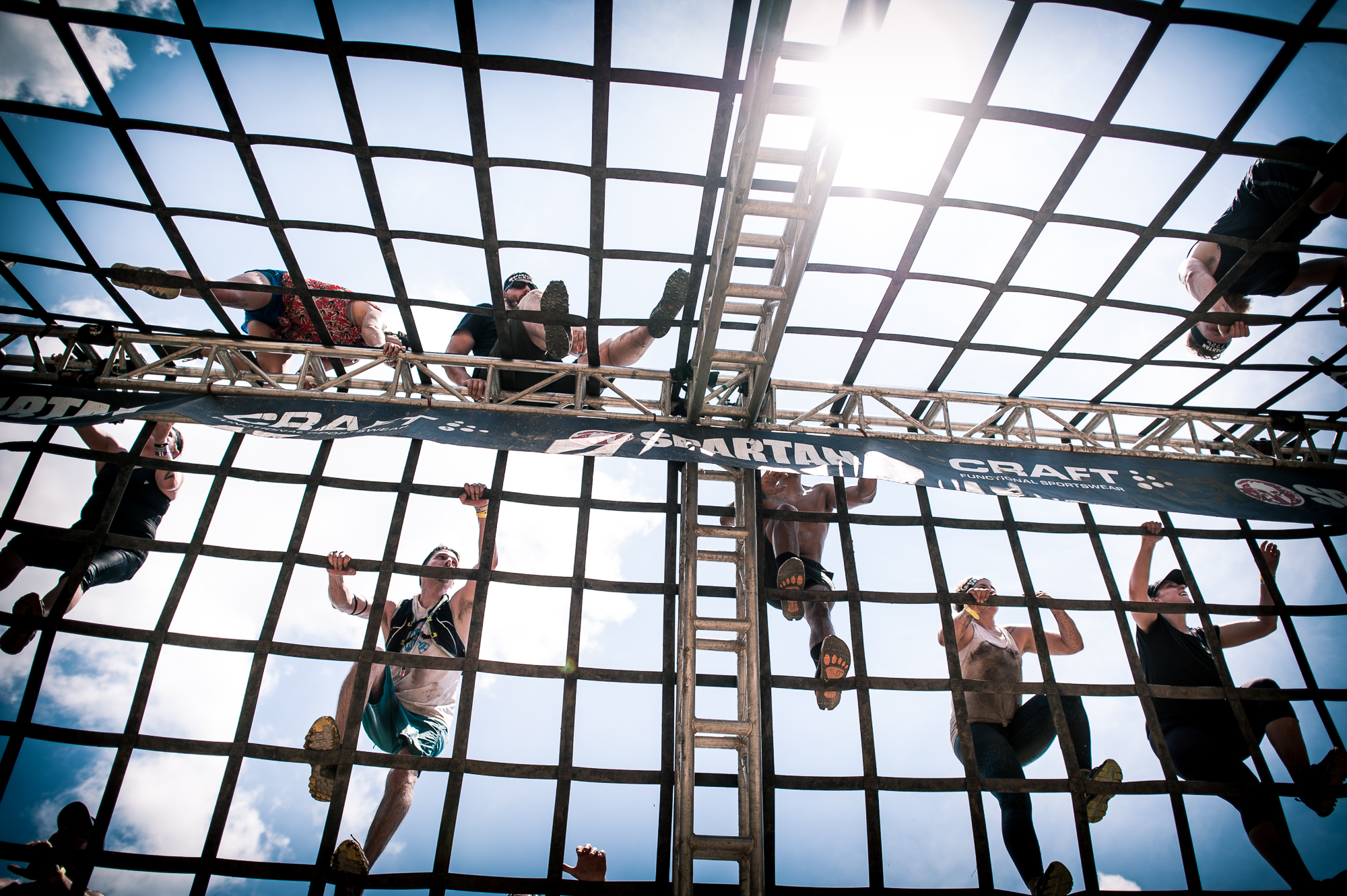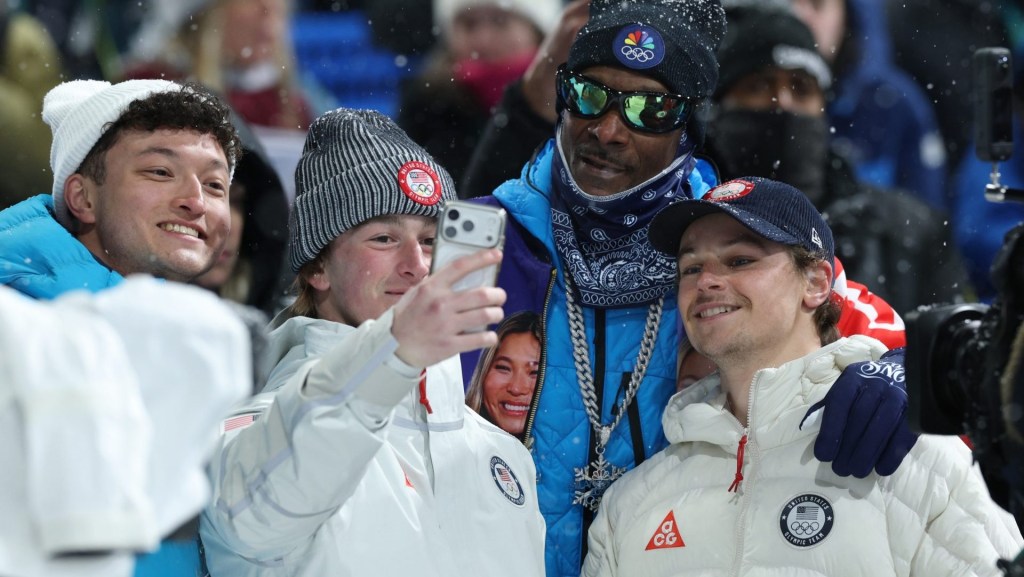Without open doors to welcome customers, gyms, training centers, boutique studios and brands within the fitness industry have undergone major changes and have had to adapt their business models. While some within the space were able to quickly pivot to find new profit streams and others may be big enough to survive the temporary closures as is. Others, including small studios and boutique offerings, are struggling to generate cash altogether.
The industry’s first response came from a host of streaming workout services that offered free trials to users. Several brick and mortar fitness businesses then started creating similar at-home programming for the millions of people who are being told to stay inside for the foreseeable future.
FOS REPORT: 54.5% of industry executives believe that it would be at least 60 days before leagues resume play.
Many of those offerings are also complimentary, at least for the time being.
Corepower, the largest yoga studio chain in the country with more than 200 locations, created a special collection of free on-demand online classes offered to yogis. Performance fashion store Carbon38, which normally offers free workout classes at its retail locations, started offering free streamable classes on Instagram.
Mega-studios like Barry’s Bootcamp and Rumble Boxing also announced online classes for their customers – both promoting daily Instagram live workouts taught by instructors in their own homes. The latter added virtual private training, with trainers earning the entirety of their rates.
Barry’s also added twice-daily workouts that require the company’s branded at-home equipment. The ‘Band Together Fit Kit’ needed for these classes is available online and adds an avenue to make revenue from their virtual clients, as does the Barry’s branded merchandise their instructors are wearing during the digital classes – which is subsequently advertised and sold on social media.
Big Brand Playbook
Others are similarly pushing merchandise while driving digital interactions, including Nike, which removed subscriber fees from the premium content on its Nike Training Club app while launching a new marketing campaign encouraging consumers to stay active at home. That strategy started with their response to coronavirus in China and resulted in a 30% jump in Nike’s e-commerce sales in the third quarter there amid quarantine closures.
“We are executing our learnings from China about fueling sport and fitness all over the world,” Nike President and CEO John Donahoe said on the company’s Q3 earnings call. “We’re using our digital advantage to connect with and support our consumers as behaviors around staying healthy at home continue to evolve.”
Peloton, taking a similar adaptive approach, extended its free trial for new users from 30 to 90 days. Gyms, including the YMCA, Planet Fitness, and Blink, owned by Equinox, have launched their own comped online classes.
After the YMCA closed almost all of its more than 2,600 facilities, the non-profit launched YMCA 360, a new online community program, while also shifting its approach to ensure that it was serving the community as more than a fitness facility. YMCA’s are also working on additional online content, including programming for kids who are out of school.
“While being a fitness facility is one component to our business model, it’s very important for our members to continue their memberships if they are able in order for us to continue serving the community in the best way possible,” Valerie Barker Waller, Chief Marketing Officer and senior vice president, YMCA of the USA, said. “Right now, Ys across the country are providing child care for kids of health care workers and first responders; food for children without access to school meals; shelter for those in need and connection to seniors who face social isolation. We need community membership, donations and government support to continue this work that is vital to many communities across the United States.”
Their virtual community is the “foreseeable future” for Y’s throughout the U.S., Waller said – as is their continued financial support. Members are being asked to convert to “sustaining members,” which would turn their monthly membership fees into donations to support the Y’s initiatives during the coronavirus crisis.
And despite the continued output of content and strategies to drive usage of their online offerings, these companies will all suffer significant financial losses without what one studio spokesperson called the “crucial in-person elements” of almost all companies in the fitness, health and wellness spaces.
To minimize those hits, some have gone one step further.
Spartan’s Sprint
After suspending its events around the world, Spartan, the brand behind the grueling eponymous obstacle races and Tough Mudders, launched an entirely new digital platform, Spartan Unbreakable, within one week of that decision. Unbreakable’s offerings include live daily TV shows on social media from dawn to dusk along with training and nutritional content including workouts, Q&As, recipes and mental health tips, a daily content hub, and more.
The brand also launched a 24/7 Zoom-powered virtual gym, where athletes can simultaneously join workout sessions and virtual roundtables via video conference to stay connected.
A speed-based online challenge was created, as was kid-specific content in response to widespread school closures to keep children moving with daily activities, nutrition ideas, and training exercises similar to Spartan’s adult programming.
It is also offering free 90-day subscriptions to the brand’s online education platform, which existed before the suspension of the Spartan season, where on-demand classes are available for a small monthly fee, along with entry fee discounts for the races they eventually hope to hold again.
READ MORE: Demand For Virtual Training Apps Climbs in $19 Billion Youth Sports Space
“We were already leaning toward the online education world, leaning towards pushing out content and anticipating having to broaden our offerings at some point,” Joe De Sena, Spartan founder and CEO, said. “That said, I wasn’t really leaning into the economics of it. You don’t make a bunch of money with these offerings. And right now, we want to do things that are good for humanity, giving people more opportunities to workout and to sweat and stay healthy, but those don’t necessarily drive economics for our business.”
And while new revenue wasn’t the initial focus of Spartan’s digital developments, the cancellation of their events and expedition of its rollout has forced it to become one.
In addition to continued sales of their merchandise and nutritional supplements, the company generated new revenue via a paid option for elite athletes competing in the Unbreakable Challenge, while also selling a title sponsorship to Craft. Spartan said it is discussing options to white label the program for other businesses as well – but even those efforts won’t make up for the money that comes from the 1.8 million athletes in 45 countries who register for Spartan’s 325 annual races.
“There’s no business model in the world that works when you don’t have money coming in, and you still have money going out,” De Sena said. “The good news is that we pivoted immediately, ramped up content by a factor of 10, and we’ve gotten tremendous online engagement. We probably would’ve never pushed this hard this fast on that part of our business.”
Spartan Unbreakable had 600,000 online users in its first week – but such quick pivots aren’t always possible. Nor are new revenue streams for some in the space.
Smaller Studios Hanging On
Smaller studios and companies not conducive to online offerings have been hit even harder economically.
Tribeca’s Body Roll studio, which just opened in January to offer massage rolling recovery and lymphatic drainage sessions, has been closed since March 13.
The studio has turned its focus to keeping clients engaged and thinking about its services through weekly email updates and daily Instagram posts with tips and tricks for its 5,000 followers to do at home related to both rolling and general health and wellness. They’re also working with other local studios to resharing and cross-promoting one another’s content.
“We want people to be up on the health benefits of what we do, but it’s also a way for us to just remain active in people’s memory,” Body Roll studio manager Maddie Barnett said. “So that our name is showing up in people’s Instagrams, and we’re keeping the company alive in the temporary time that we are closed.”
READ MORE: NBA Aims to Lead Leagues With Unified Response To Coronavirus
The closure of the studio and finding solutions for clients at home, however, doesn’t bring Body Roll money – the dilemma that many studios, training centers, and gyms across the country are facing.
And while online engagement has been the strategy to stay top of mind for clients, forward-thinking offerings have been Body Roll’s financial solution thus far.
“Obviously we’re not making any money at the moment,” Barnett said. “But we’ve been talking about things like offering a deal for a ‘buy now, use later,’ promotion which would take a certain percentage off a single [session] or a package. So we’d be giving our clients a really good deal that they can buy now so they can have something to look forward to once everything blows over but can also help us as a business in the short term.”
If the temporary closure continues, Body Roll knows it will have to start considering other ways to make money until it reopens. For now, however, the focus is on helping their clients.
“We’re just trying to help our people get into a routine and adjust to this new normal,” Barnett said. “We’re just focused right now on posting more fee-free-positivity than anything.”






![[Subscription Customers Only] Jun 15, 2025; Seattle, Washington, USA; Botafogo owner John Textor inside the stadium before the match during a group stage match of the 2025 FIFA Club World Cup at Lumen Field.](https://frontofficesports.com/wp-content/uploads/2026/02/USATSI_26465842_168416386_lowres-scaled.jpg?quality=100&w=1024)
![[Subscription Customers Only] Jul 13, 2025; East Rutherford, New Jersey, USA; Chelsea FC midfielder Cole Palmer (10) celebrates winning the final of the 2025 FIFA Club World Cup at MetLife Stadium](https://frontofficesports.com/wp-content/uploads/2026/02/USATSI_26636703-scaled-e1770932227605.jpg?quality=100&w=1024)








